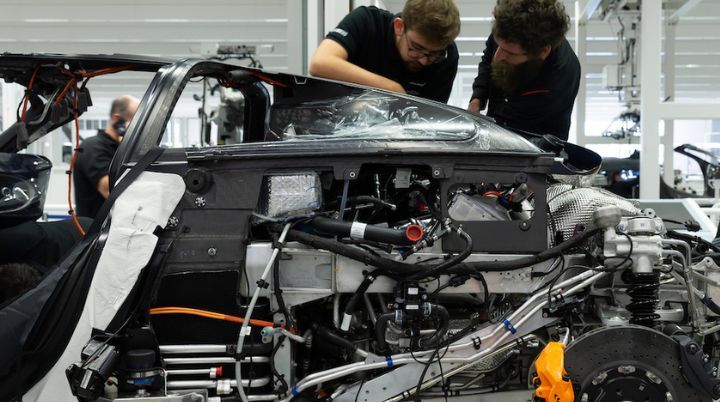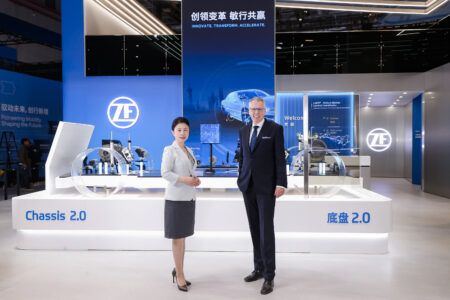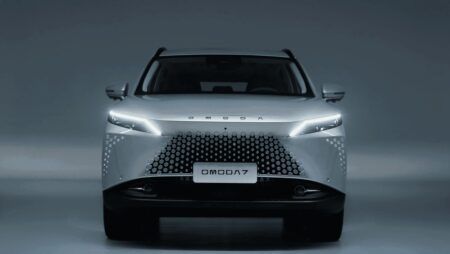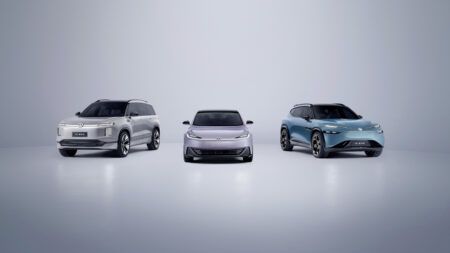British engineering and technology manufacturer McLaren Applied has selected STMicroelectronics (ST), a global semiconductor leader serving customers across the spectrum of electronics applications, as a key supplier of silicon carbide (SiC) power modules for its next-generation IPG5 800V inverter.
Electric vehicle (EV) powertrain technology increasingly relies on a reliable supply of quality SiC semiconductors such as MOSFETs, especially in 800V architectures.
The next-generation IPG5 800V silicon carbide inverter can power electric motors to more than 400kW peak, 250kW continuous, at an unprecedented weight and volume. It has been designed for automotive applications, including direct drive, that are capable of operating high-speed motors efficiently and adhere to ISO 26262 ASIL-D standards.
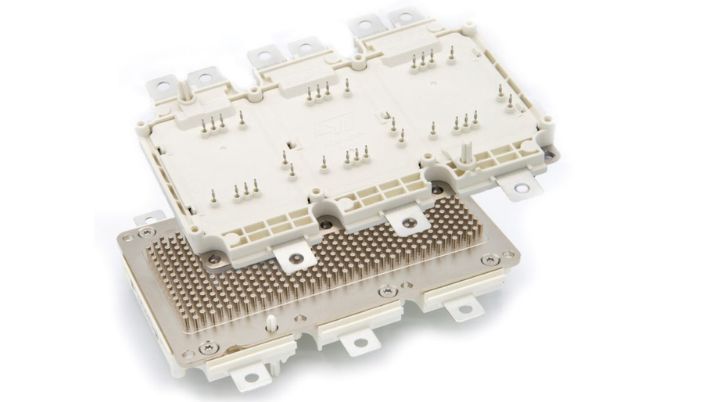
“Silicon carbide and the need for greater efficiency is absolutely going to be a key trend in the increasing adoption of EV technology,” said Stephen Lambert, head of electrification at McLaren Applied. “Inverter technology is rapidly adopting silicon carbide semiconductors, especially in 800V architectures, and this deal with ST secures access to the best SiC semiconductor technology available today.”
In the last six months, McLaren Applied has finalised powertrain agreements with American hybrid sports car marque Czinger and in-wheel motor specialists Elaphe for the supply of its IPG5 inverter, with a host of other mid- and high-volume EV models expected to be announced in the near future.
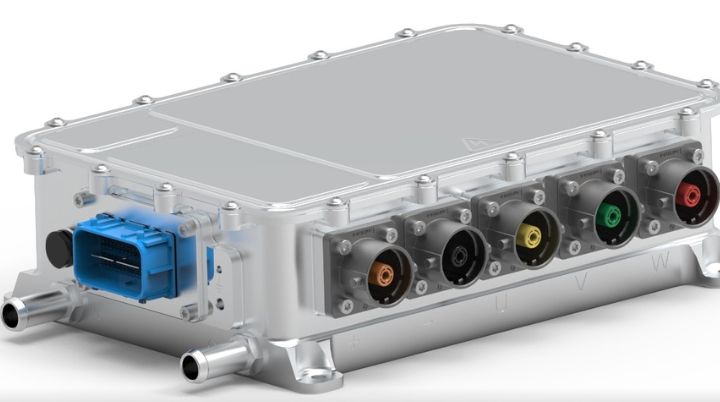
The variability in switching frequency up to 32kHz enables engineers to use a faster, more efficient, and lightweight drivetrain. McLaren Applied’s IPG5 leverages the ST ACEPACK™ DRIVE power module based on third generation 1200V SiC MOSFET technology. “Using ACEPACK DRIVE power module based on SiC MOSFET technology helps McLaren Applied achieve the greatest efficiency and longest driving range possible for their innovative, high performance powertrain systems,” said Philippe Prats, Head of Automotive Marketing & Application EMEA STMicroelectronics.
The automotive team at McLaren Applied sees efficiency as leading what it describes as the third ‘wave’ of electrification.
The first involved early pioneers of technology, and the second wave was denoted by the recent breakthrough of EVs to the mainstream. The third stage is efficiency and will see inverter technology use SiC semiconductors, especially in vehicles that need longer range and faster charging – two areas in which efficient power electronics are key. The fourth stage will see OEMs building EVs which align with the driver experience they want to deliver and their brand ethos.


